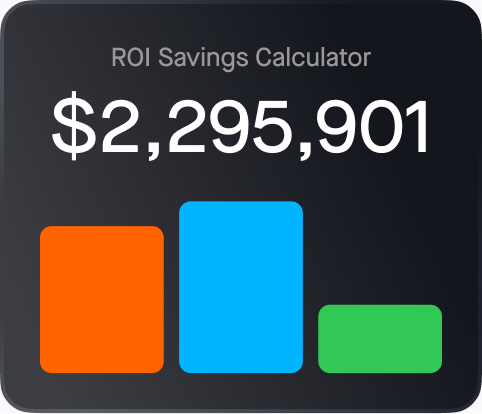Fleet dispatch refers to the process of managing a fleet of trucks in the transportation industry. The term ‘fleet’ refers to a group of vehicles owned or operated by a single entity, such as a trucking company. The fleet dispatch function is responsible for coordinating the movement of these vehicles to ensure timely deliveries and pickups.
At a basic level, fleet dispatch involves assigning drivers and trucks to specific routes based on the availability of equipment and the requirements of the job. This can involve managing factors such as driver hours of service, rest periods, and maintenance schedules. Fleet dispatchers use a variety of tools to track their vehicles, including GPS tracking systems and electronic logging devices.
The primary goal of fleet dispatch is to maximize efficiency and productivity while minimizing costs and delays. This involves carefully balancing the needs of customers, drivers, and the company as a whole. Fleet dispatchers must be able to react quickly to unexpected events, such as traffic delays or equipment breakdowns, and make adjustments to their plans accordingly.
In addition to managing the movement of trucks, fleet dispatchers are also responsible for balancing workload and communicating with drivers and customers. This may involve providing updates on delivery times, resolving issues that arise during transportation, and ensuring that all parties are satisfied with the service provided.
Frequently Asked Questions
What is fleet dispatching?
Fleet dispatching is the process of managing and coordinating the movement of vehicles, goods, and personnel in a fleet. This involves assigning tasks, coordinating schedules, and optimizing routes to ensure maximum efficiency and productivity. Fleet dispatchers typically use software and communication tools to monitor the location and status of their vehicles, as well as communicate with drivers and customers. The goal of fleet dispatching is to improve operational efficiency, reduce costs, and provide timely and reliable service to customers.
What is the role of fleet dispatcher?
A fleet dispatcher is responsible for managing and coordinating the movement of a fleet of vehicles. Their role involves assigning drivers and vehicles to specific routes or tasks, monitoring and tracking the progress of vehicles, and communicating with drivers to ensure timely and efficient delivery of goods or services. Ultimately, the dispatcher plays a vital role in ensuring the smooth and safe operation of a fleet.
What is vehicle dispatching?
Vehicle dispatching is the process of assigning and sending out vehicles to complete necessary tasks or transport people or goods. This typically involves receiving requests for service, determining the best vehicle for the job, and communicating with the driver to ensure the successful completion of the task. Efficient dispatching is essential to ensure the timely delivery of services and can be managed through various software systems.
What is fleet process?
Fleet process refers to the procedures and systems used to manage a fleet of vehicles. This includes processes for acquiring and disposing of vehicles, maintenance and repairs, scheduling and dispatching, fuel management, and driver safety. Effective fleet processes can reduce costs, improve efficiency, and ensure compliance with regulations.



